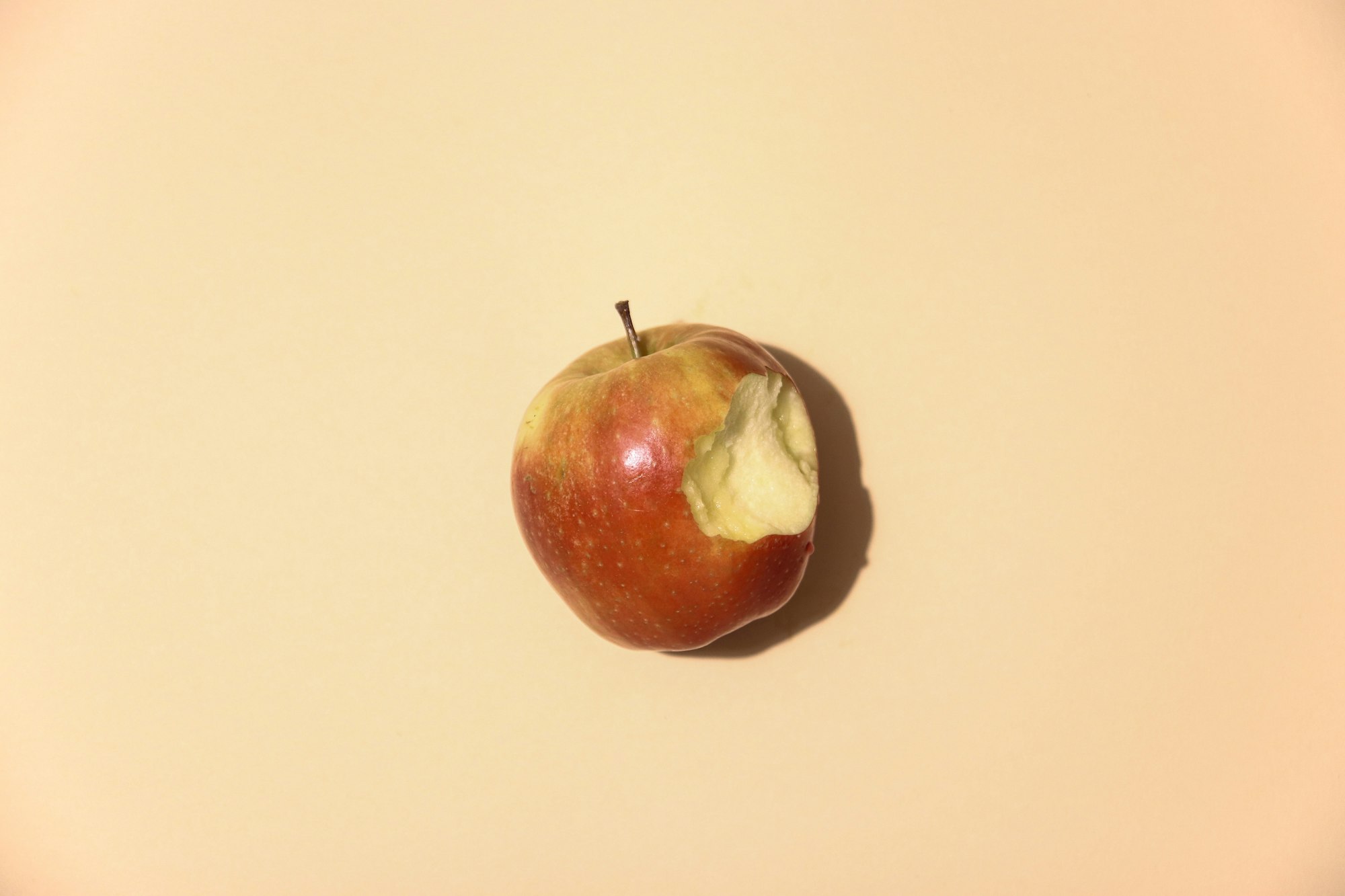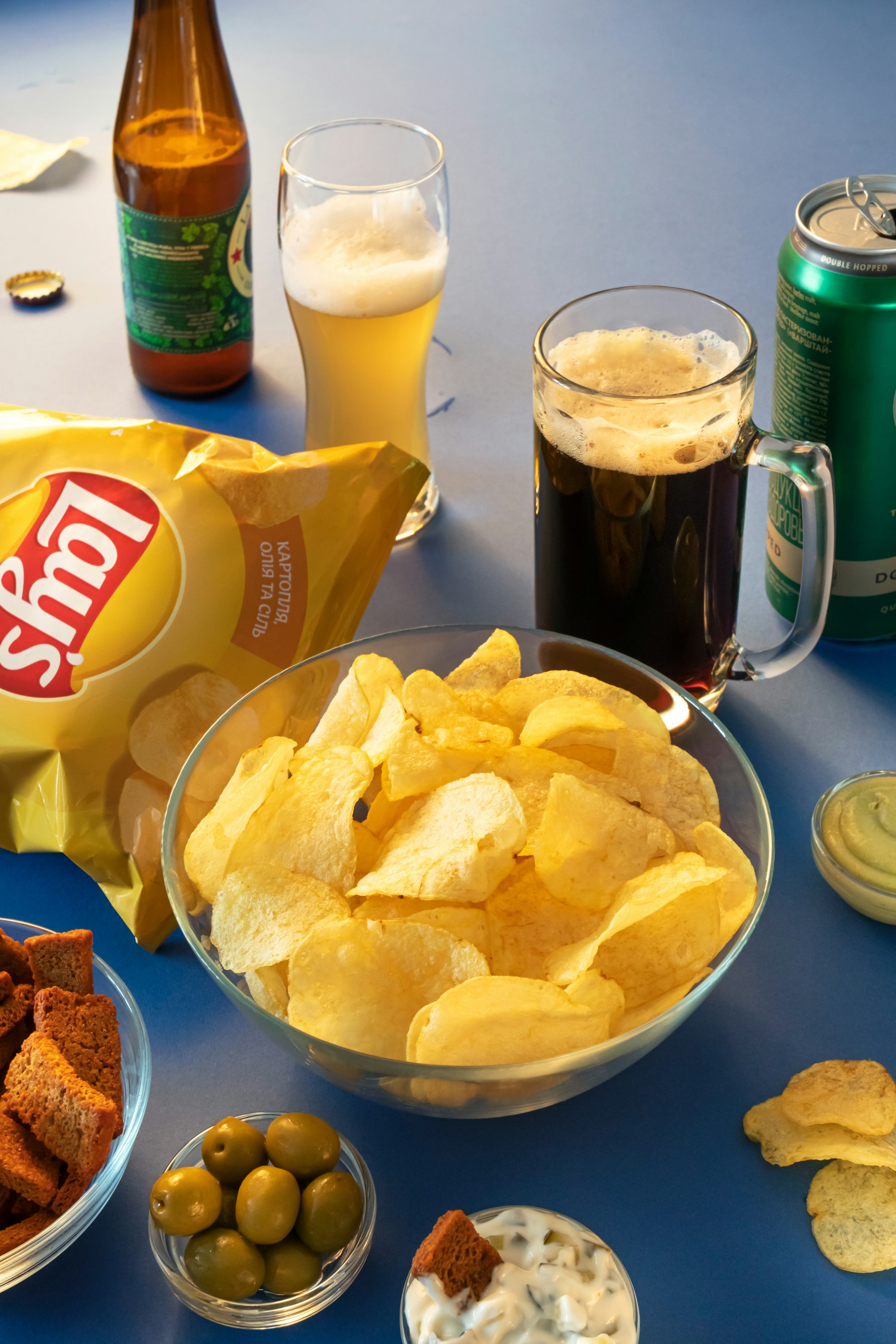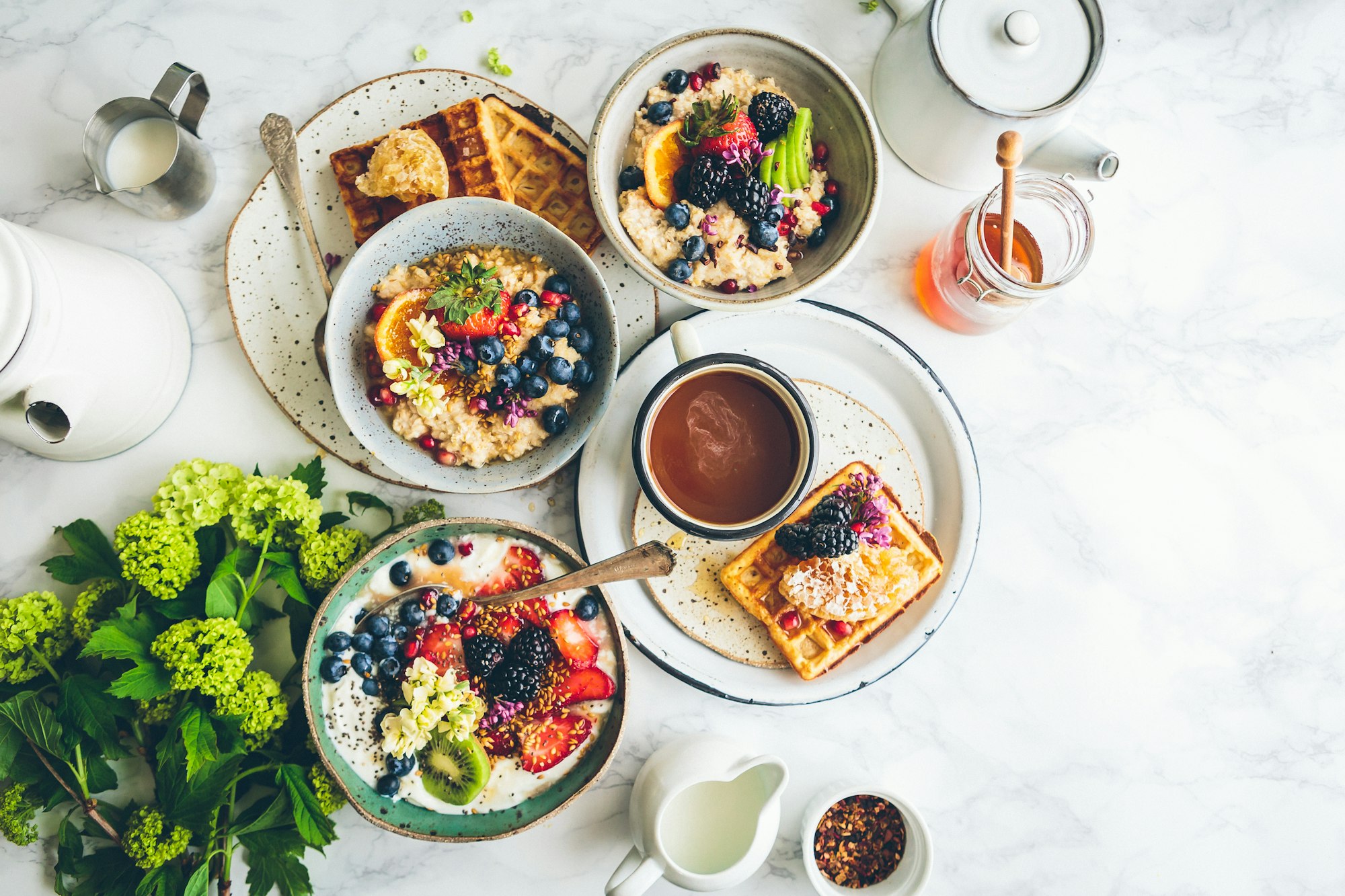There is no such thing as a "bad food"

As a nutrition coach, I have found that almost everyone has the tendency to categorize specific foods as either "good" or "bad". Foods high in sugar, processed foods, or anything that doesn't fit into the classic image of health, often get stigmatized as "bad", while fruits, lean proteins, and vegetables are seen as virtuous and "good". The reality of nutrition is far more complex and nuanced. Ultimately, I would argue no food is inherently bad for you. However, it is perfectly understandable why people think this way and there are many valid reasons to limit consumption of certain foods.

For one thing, some foods like candy and soda notoriously offer little to no nutritional value but are high in calories. When taken in excess, this can lead to overconsumption of calories without the corresponding intake of nutrients. However, these foods can still be included in a healthy diet when consumed mindfully and sparingly. Enjoying a decadent dessert during a social event with friends can contribute to our emotional well-being, even if it doesn't provide much in the way of nutrients. Food is not only about nutrition but also about social connections and emotional well-being.
Another consideration is the impact of certain foods on gut health. Foods that are high in sugar and low in fiber can negatively affect gut health if consumed excessively. But again, a diet that is balanced overall and includes a variety of foods, including those that support gut health, like high fiber vegetables and fermented foods, can almost entirely offset these negative impacts.
All foods are made up of the same stuff
The main flaw in the "good food, bad food" dichotomy is that it glosses over the commonalities of how different foods are broken down and absorbed. The media tends to overemphasize the unique impacts of specific ingredients, but your body largely treats all foods in a similar way. Whether you're consuming a juicy burger or a crisp apple, your body breaks these down into the same fundamental components: carbohydrates, fats, proteins, vitamins, minerals, and water. This process allows your body to extract the essential energy and nutrients it requires to function optimally.
For example, let's compare eating a chocolate chip cookie versus eating an apple. At a basic level, both would break down into a similar amount of glucose (sugar) and provide your body with modest boost of energy. Of course, the apple comes with the added benefits of fiber, water, and micronutrients, which provide more nourishment and prevent blood sugar from spiking. But if you consumed the cookie alongside half a cup of steamed vegetables, the overall nutritional impact wouldn't be too far off.

The damage is in the dose
Ultimately, what matters isn't the individual foods themselves, but the dose and the context in which they're consumed. Some scientific studies seem to prove the detrimental health effects of certain foods, but a common downfall of these studies is that they may not be controlled for total calories consumed.
The bottom line is, most metabolic diseases are caused by overeating and foods that are sugary, fatty, and/or processed are incredibly easy to overeat.

So instead of worrying about damaging your body merely by choosing foods that are unhealthy, I'd worry about damaging your body by eating too many empty calories without getting the nutrients you need. At the end of the day, it's all about finding balance.
Controlling your intake
Creating a balanced and sustainable diet requires an understanding of your individual needs and preferences. It also calls on you to effectively manage your environment. If certain foods are challenging for you to eat in moderation, don't keep large quantities around at home. Instead, indulge intentionally and occasionally. For example, instead of keeping a gallon of ice cream in your freezer, plan a weekly trip to an ice cream parlor for a single serving.
Balancing social life and physical health is equally crucial. If frequent social outings are negatively affecting your health, consider reducing the frequency or opting for healthier choices during these occasions. Communicating your health goals with your loved ones can help transform negative peer pressure into understanding and support.

Breaking free from food guilt
You may have found that dichotomous thinking about food has helped you control your diet in the past. But in the long term, it can introduce undue pressure, guilt, and stress to your life. In my practice, I have found this mindset to be especially hard on individuals who have perfectionistic tendencies.

One client of mine was entrenched in an all or nothing mindset around food when we started working together. When she was being "good", she had to be absolutely 100% perfect. There would be zero added sugar, zero restaurant outings, and zero processed foods in her diet. But then, a stressful event would occur, willpower waned, and she would suddenly find herself indulging in a sugary beverage or a dessert. Instantly, she felt like a failure.
The subsequent guilt she felt would then cause her to spiral into a "fuck it" attitude. She would give in to a binge eating episode, indulging in all the foods that was previously off limits. This behavior is not uncommon, and it's definitely not due to weakness of character or lack of willpower. Excessive dietary restriction will almost always lead to compensation. It's only natural.
By understanding that all foods can fit into a balanced diet, we can eliminate this unnecessary guilt and foster a healthier relationship with what we eat. Eating should be an enjoyable experience, not one steeped in anxiety or self-flagellation.

Shifting from a moralized view of food to a balanced approach is challenging. It requires a fair bit of reflection, patience, and a willingness to change longstanding beliefs. However, embracing this shift can pave the way for a healthier, more flexible, and ultimately more satisfying relationship with food.
In conclusion, no food is intrinsically "bad". The way we perceive and relate to food should be as diverse and balanced as the diet we aim to consume. It's about time we stop thinking about foods in black and white and appreciate the spectrum of benefits that each food can offer in the right proportion and context. Only then can we cultivate a truly healthy relationship with the food we eat.


